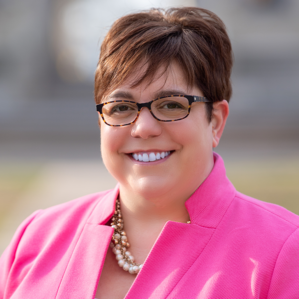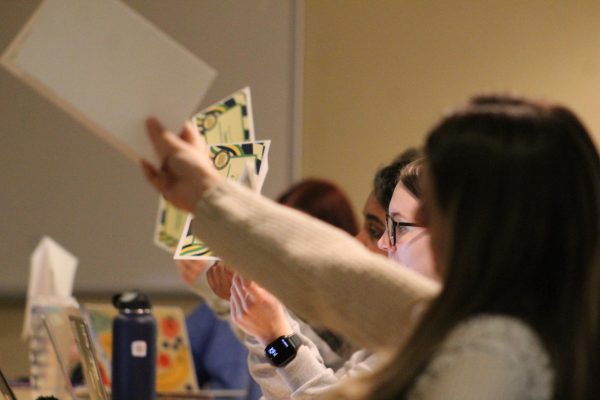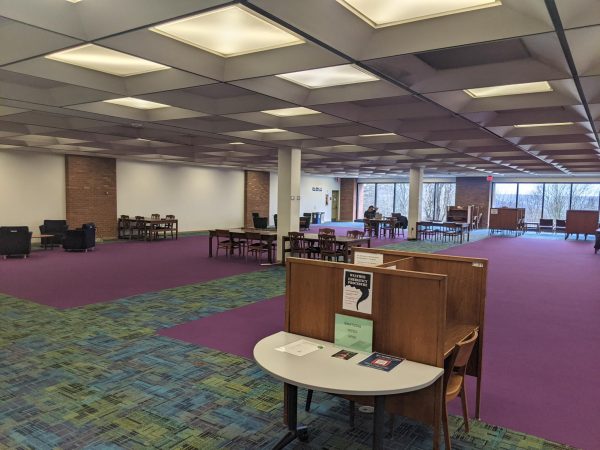ASG makes plans for new motion-activated lights
Allegheny Student Government’s Director of Sustainability Levi Lundell, ’17, announced at ASG’s weekly meeting on Tuesday, Sept. 13, that his committee would be working to install motion-sensitive lighting at Allegheny.
Lundell said the project would help the college to reach its goal of being entirely carbon neutral by the year 2020.
Walter Stover, ’17, secretary of Lundell’s Sustainability and Environmental Affairs Committee, said the idea came from looking at what other schools had done with this type of lighting.
Stover said while there will be an upfront cost to the college, the lights will eventually pay for themselves due to the electricity they will save.
“The turnaround time for these types of lights to pay for themselves is about two and a half years,” Stover said.
While doing research, Stover said he found a public school that had installed similar lighting in its offices. He said the lights led to a 10 to 19 percent reduction in electricity consumption.
“The initial expenses compared to the turnaround is not that bad,” Stover said.
Stover said the project hopes to begin by installing the lighting in academic buildings, and eventually branching out to include dormitories.
“We would be focusing on the interior,” Stover said. “We thought Steffee would be a good place to start.”
Senator Valerie Hurst, ’18, a member of the Sustainability and Environmental Affairs Committee, said the project would be a worthy addition to the college’s environmental initiatives.
“It could be an interesting add-on to the whole sustainability project,” Hurst said.
The cost of the installation of motion-sensitive lighting, according to Stover, will vary by the size of the building. He said he found one estimate for a dormitory that placed the cost around $1,400. The estimate, however, did not specify the size of the building.
We got a lot of good feedback. It was mostly just getting our name out there.
— Brooke Adams
While they said they are hopeful for the project’s future, Lundell, Stover and Hurst all emphasized that the project is still in its initial stages.
“There is, of course, still a lot of research that needs to be done,” Lundell said.
During the meeting on Tuesday, ASG heard a report from the Co-Director of Student Affairs Matt Hartwell, ’18.
In his report, Hartwell expressed his desire to have ASG representatives meet with members of administration from every department within the college periodically throughout the academic year.
“The idea is to be able to give representation to all departments on campus,” Hartwell said.
Hartwell said the meetings will also be a chance for members of ASG to bring concerns from students directly to members of the college administration. He said senators may submit concerns they would like brought up in meetings or attend themselves.
In her vice president’s report, Sofia Kaufman, ’17, reported on a meeting she and President Tess Bracken, ’17, had with Ande Diaz, associate provost for diversity and organizational development.
“Mostly, she is focused on continuing dialogues,” Kaufman said.
Kaufman said Diaz wished to make ASG aware of a new program known as “Allegheny Listens.” The program, Kaufman said, is focused on continuing dialogues among first-year students.
During the programs, students will listen to speakers and then be broken into smaller groups to discuss the topic which was the focus of the talk.
“The hope is it will be a continuation of the orientation process,” Kaufman said.
The first “Allegheny Listens” event will focus on the issue of Islamophobia and will take place at 4:30 p.m. on Thursday, Sept. 22, in Shafer Auditorium. First-year students are not required to attend, according to Kaufman, but they are strongly encouraged to do so.
Kaufman also encouraged all available members of ASG to attend.
During the class reports, Class of 2017 President Brooke Adams said the class’s first “Cookie for Your Thought” event, where the class offers cookies in return for constituent comments, was a success. She said it was helpful because it allowed the class to meet their constituents.
“We got a lot of good feedback,” Adams said. “It was mostly just getting our name out there.”
Stover said he heard concerns from some first-year students for the need for more spare housing for students dealing with mental health concerns or who do not feel comfortable in their current environment.
Stover said he hopes to bring this concern to the Office of Residence Life during the next meeting of his housing committee.








